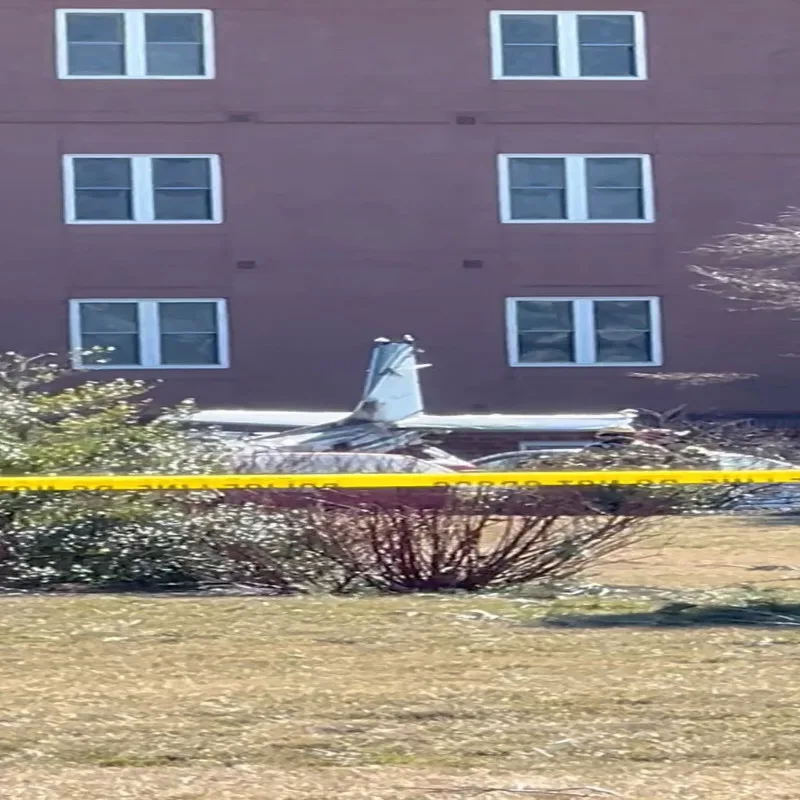The ongoing conflict in Syria has seen renewed intensity as President Bashar al-Assad’s regime confronts increasing challenges from rebel factions, alongside renewed Israeli airstrikes targeting Iranian forces in the region. The complexities of the Syrian civil war have led to diplomatic strains, particularly as Russia continues to support Assad, complicating hopes for a peace process. On December 9th, multiple reports confirmed that Israeli aircraft conducted strikes near Damascus, aimed at facilities believed to be linked to the Iranian military, which Israel views as a significant threat to its national security. Eyewitness accounts from the Syrian capital described intense explosions, with one resident stating, ‘It felt like the ground was shaking beneath us.’ Meanwhile, despite ongoing military struggles, President Assad has recently visited Moscow, meeting with Russian President Vladimir Putin, indicating continued reliance on Russian support. ‘We are committed to our alliances in the region and will strengthen our cooperation,’ Assad declared in a joint press conference. The situation remains precarious as rebel groups continue their efforts to gain ground against government forces, with reports of clashes in the north-western regions of Idlib and Aleppo. Humanitarian concerns also rise as the conflict persists, with over 15 million people in need of aid according to United Nations estimates. The international community watches closely, with diplomatic talks seeking to address the multifaceted challenges of Syrian stability and the roles of external powers such as Iran, Israel, and Russia.
Escalating Tensions in Syria: Assad’s Regime Faces Challenges from Rebels Amid Israeli Strikes













